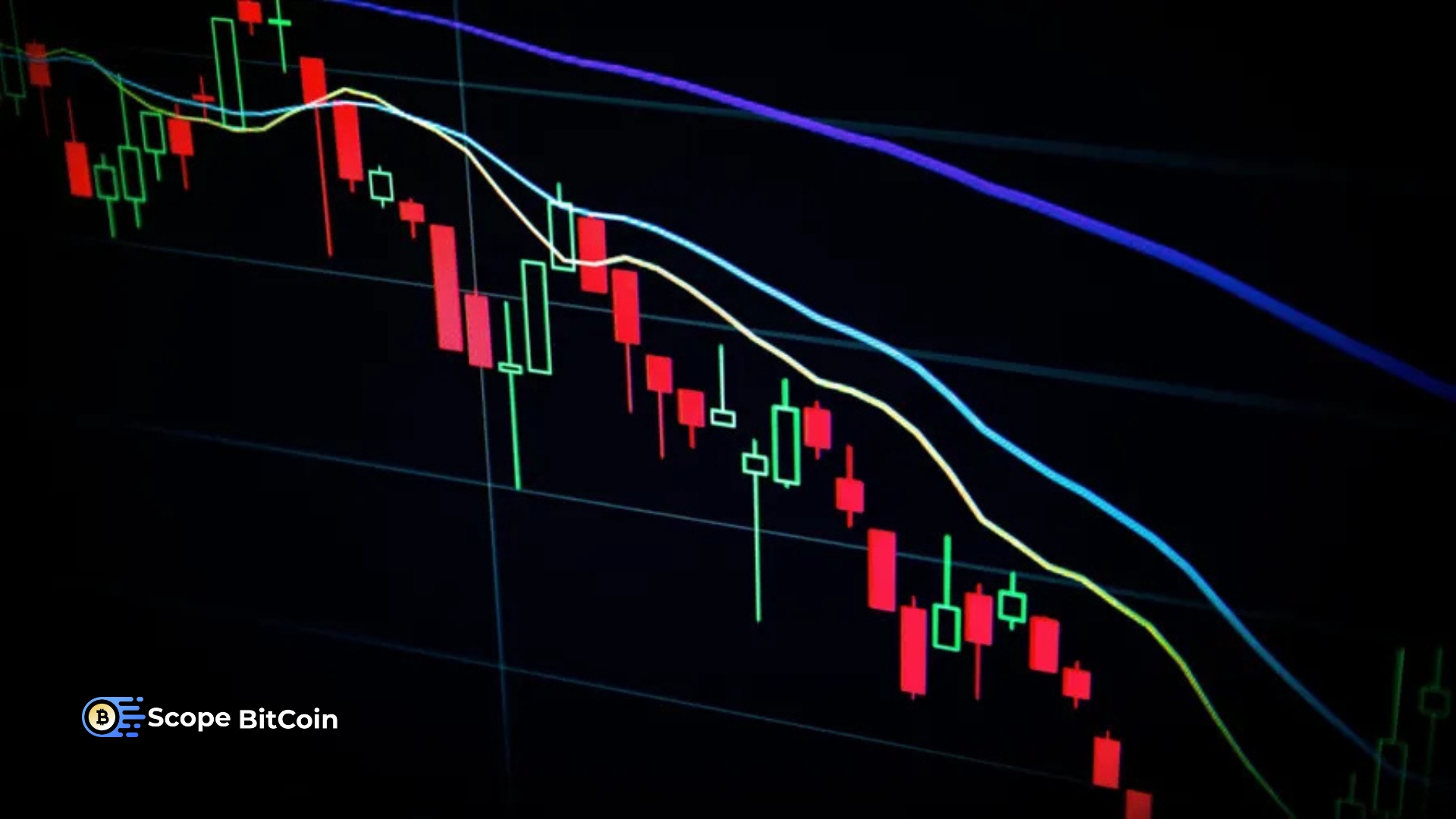
Why Are Crypto and Stock Markets Falling?
Traders and investors have been perplexed by the recent sharp declines in the cryptocurrency market and stock indices. To make sense of the market’s instability, it is essential to grasp the many elements causing this slump. The recent declines in both markets can be attributed mainly to the following:
Geopolitical Tensions and Market Sentiment
The stock market and cryptocurrency markets are susceptible to geopolitical developments. Uncertainty has been heightened by persistent geopolitical tensions, particularly in the Middle East, and investors have responded by fleeing riskier assets like equities and cryptocurrency. Investors may seek safer havens during sell-offs if they fear escalation or global instability.
As important elections, especially in the United States, draw near, market volatility has increased. As they wait for the results of these elections, investors are worried about possible regulation changes, especially those pertaining to cryptocurrencies.
Federal Reserve’s Interest Rate Decisions
Another important consideration is the practice of interest rate hikes by central banks, particularly the United States Federal Reserve. Investor sentiment has changed due to the Federal Reserve’s decision to maintain high interest rates or the anticipation of additional hikes. Higher interest rates can dampen the demand for riskier assets, such as cryptocurrency and stock prices since borrowing money becomes more expensive and market liquidity decreases.
When the Federal Reserve increases interest rates, investors typically shift their capital away from riskier assets like stocks and cryptocurrency and toward bonds, which generate income. This change in investment flows is exacerbating the market slump.
Market Liquidity and Derivatives Trading

The abrupt selling of long crypto positions has further pushed prices down. Prices for cryptocurrencies have fallen even more in the past day as investors sold off more than $280 million worth of holdings. A vicious cycle is created when prices fall further, and further liquidations occur due to investors selling their leveraged positions.
Economic Data and Earnings Reports
The stock market is quite responsive to changes in macroeconomic variables such as GDP growth, inflation rates, and business profits. Stock prices fell after data showed weaker-than-expected economic activity, and critical tech companies reported dismal earnings. The Nasdaq and S&P 500, which lean significantly toward growth and technology stocks, make this point very clear. Market sell-offs occur when earnings and growth projections are poor, which indicates that future profits could be jeopardized.
Crypto Market Fundamentals
Persistent regulatory hurdles and a sluggish adoption rate have lowered optimism in the cryptocurrency market. For instance, Bitcoin’s price failed to sustain a consistent upward trend, fluctuating widely between $49,000 and $73,000.
Investors are wary due to the development of new legal frameworks concerning digital assets, particularly in the United States. In the months ahead, the cryptocurrency market may feel the effects of the regulatory limbo. Investors are staying away from the market because of recent events, including. The increasing scrutiny of stablecoins and exchanges like Binance.
Global Economic Conditions
The world’s economies are still primarily focused on inflation. Money is leaving speculative assets like cryptocurrencies and equities as central banks tighten monetary policy to combat growing inflation. Fearing that rising inflation may prompt more interest rate hikes or economic slowdowns, investors are becoming increasingly risk-averse.
The Future Handling Market Volatility
Present market circumstances are challenging but do not portend a long-term negative trend. New trends or market corrections are expected to be preceded by times of uncertainty. The crypto market and equities are notoriously volatile. Nevertheless, investors must exercise caution, diversify their holdings, and monitor economic and geopolitical news for changes.
The two markets are anticipated to remain volatile for the foreseeable future due to the ongoing impact of policy decisions by the Federal Reserve and the unfolding of global events. Investors and traders must monitor economic indicators, earnings reports, and the crypto asset regulatory environment. However, as they evaluate future strategies.
Investors should better position themselves for impending market fluctuations by better grasping the primary forces propelling this unexpected drop.
[sp_easyaccordion id=”4719″]







